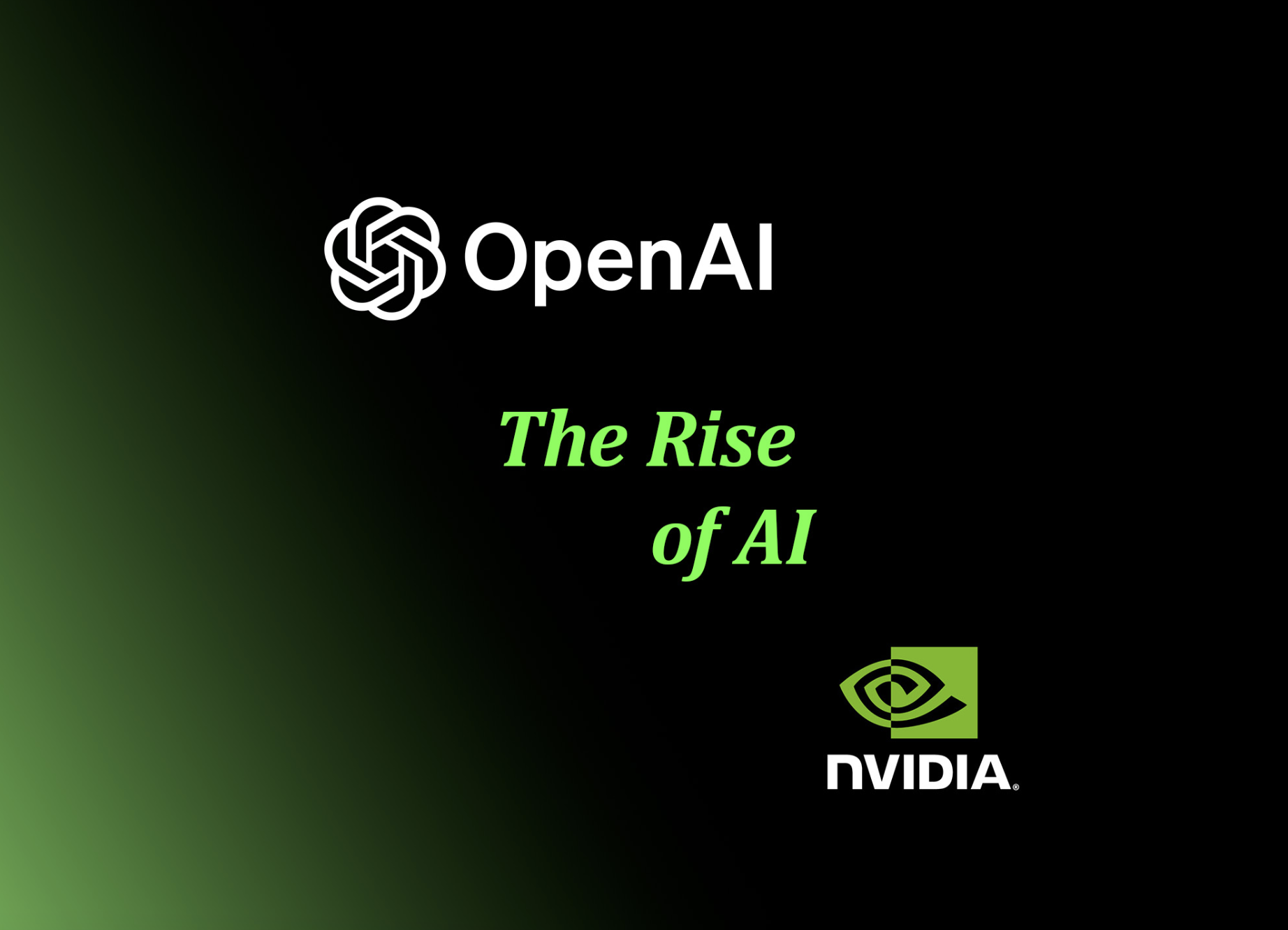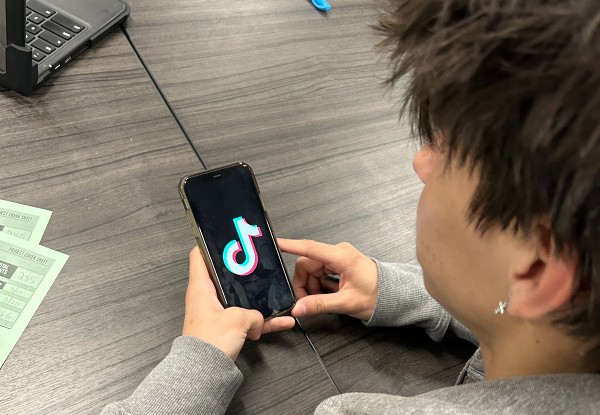Artificial Intelligence (AI) has gained immense development and become one of the most controversial topics because of ethical and moral dilemmas.
What makes AI is the abundance of data, petabytes, it processes through servers where it learns vast amounts of things from websites, books, images, coding, that people have already discovered. In addition, it processes language from the way we speak so it sounds more “human.”
Charles Swan, a science teacher at Woodland, reveals his thoughts on AI.
“When I think of AI, I think of it taking away the ability for people to think,” said Swan.
When students encounter a difficult mathematical problem, ChatGPT can be used to solve the problem. It’s not just equations ChatGPT can solve, but it can also write essays or tell you what happened in a book without putting in any effort.
“You might not necessarily prefer to do [something] but it’s a chore that you have to get done,” said Swan. “Whether you like it or not.”
OpenAI, the company behind ChatGPT, even developed GPT-4 where ChatGPT is much more capable, accurate, and more advanced but has a monthly subscription requiring you to pay twenty dollars each month.
The limitation that AI has is not being able to “think” or infer things as it relies on work that has been done by people and analyzing by text and patterns from websites where people have contributed.
However, not all artificial intelligence is bad and, in some cases, can benefit people.
Deep Learning Super Sampling (DLSS) created by Nvidia, a technology company. It allows people to use it by playing a game that supports DLSS and enhances performance with AI by increasing frame rates without the expense of more powerful hardware needed or upscaling the screen resolution to 4k without having a 4k monitor.
Nvidia also has another feature they created called Nvidia Broadcast with many features. One of them is called “Eye Contact” where your computer will use AI to make sure your face is making eye contact with a webcam without you needing to look at the webcam yourself, but you need at least a ray-tracing graphics card from Nvidia to have this feature.
DALL-E is one of the AI’s being controversial for ethical reasons. This AI is capable of generating images based on text input. The huge problem with this is DALL-E scours through thousands of images, drawings, and paintings made by artists and learns the patterns of what artists did to make their pieces of art. Whenever an image is made, it’s using the things it learns from artists to generate an image without adding anything new which revolves around a big question on plagiarism and copyright.
There are many more AIs that have released or existed for some time and it has the potential for users to exploit what they offer. Using AI for homework or work to free up time without learning much or putting in the time and having the discipline and patience to deal with it. Many people go towards the negative side of AI affecting society since ChatGPT has disrupted the education system with some kids having access to them and using it. Learning has changed drastically with artificial intelligence being accessible compared to people living in the 1900s without having access to AI.
“You can’t do fun things all the time,” said Swan.
It becomes a thought of which person is genuine and hard-working. It’s difficult to foresee how governments, societies, infrastructures, people, education, and future generations will look, but AI has two major things: how we perceive learning and the true potential of technology as it develops faster before our eyes.



















